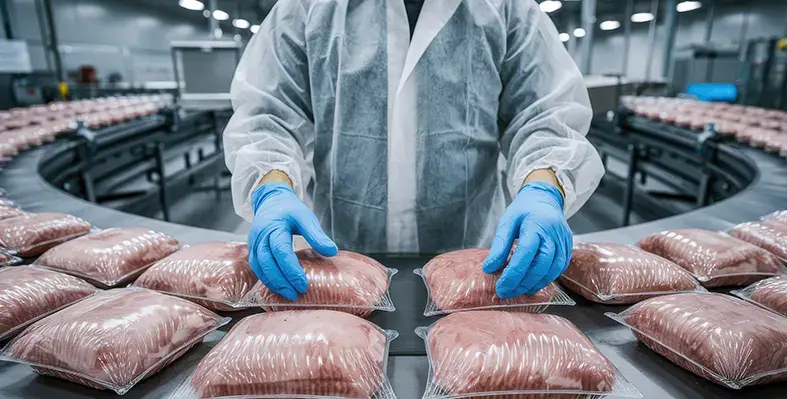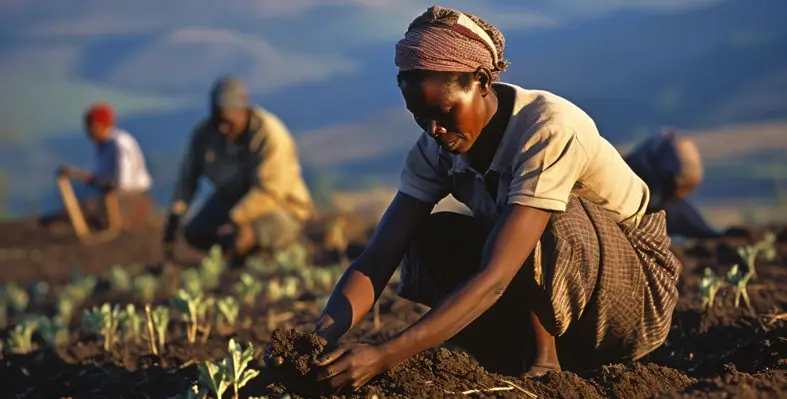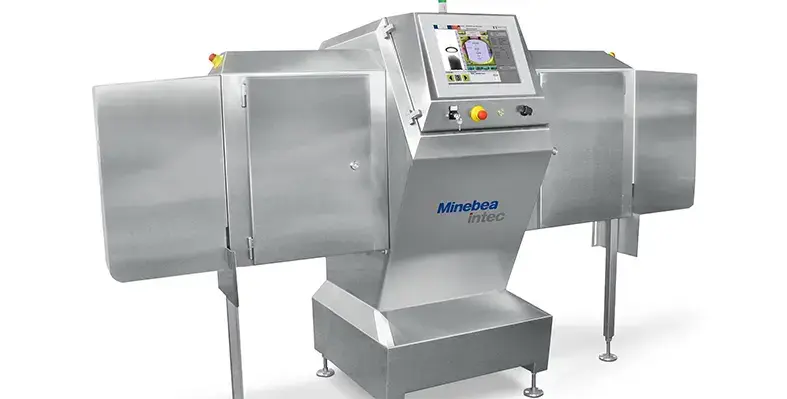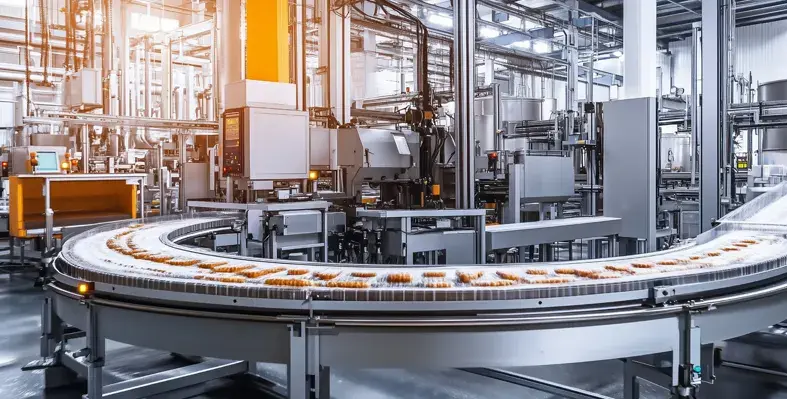The National Agency for Food and Drug Administration and Control (NAFDAC) has clarified that genetically modified organisms (GMOs) in food are not harmful if safety standards are met.
This assurance comes as public debates continue over the safety of GMOs in Nigeria. Mojisola Adeyeye, NAFDAC’s Director-General said, “GMOs are genetically modified foods when it comes to food, and they are not bad for us. They are not bad for us, depending on what type of foods they are and whether the safety considerations have been taken.”
Adeyeye emphasized the importance of proper labelling so that consumers can make informed decisions. “I’m a food freak. I want to know what I’m eating is going to give me a good health outcome. I look at the label. I want to be sure that NAFDAC’s label is on it… It’s supposed to have ‘genetically modified food’ written on it,” she said.
She also explained that NAFDAC works closely with the National Biosafety Management Agency (NBMA), which is responsible for the safety oversight of GMOs in Nigeria. “We work in collaboration with the Biosafety Management Agency. We have an MoU with them. They are mandated to ensure that the foods that have GMOs are of quality, they are safe, and they are efficacious,” Adeyeye noted.
According to her, transparent labelling, similar to the way organic foods are marked, gives people the freedom to choose. “When you look at the food on the table in the market—especially grocery stores—you will see foods labeled organic. You put labels [on foods] that are not organic, and people have the choice to buy which one they want,” she said.
She added that NAFDAC can only approve GMO products after the NBMA has certified their safety. “That is the reason why the collaboration between us and the NBMA is very solid. Without them certifying that they have done their due diligence in their laboratory for desk review or whatever, we cannot approve.”
This statement comes after the National Biotechnology Research and Development Agency (NBRDA) recently emphasized the role of GMOs in fighting hunger and improving agriculture. Abdullahi Mustapha, the NBRDA Director-General, warned against misinformation: “False claims about GMOs have contributed to public skepticism and slowed down the adoption of technologies that can transform lives.”









